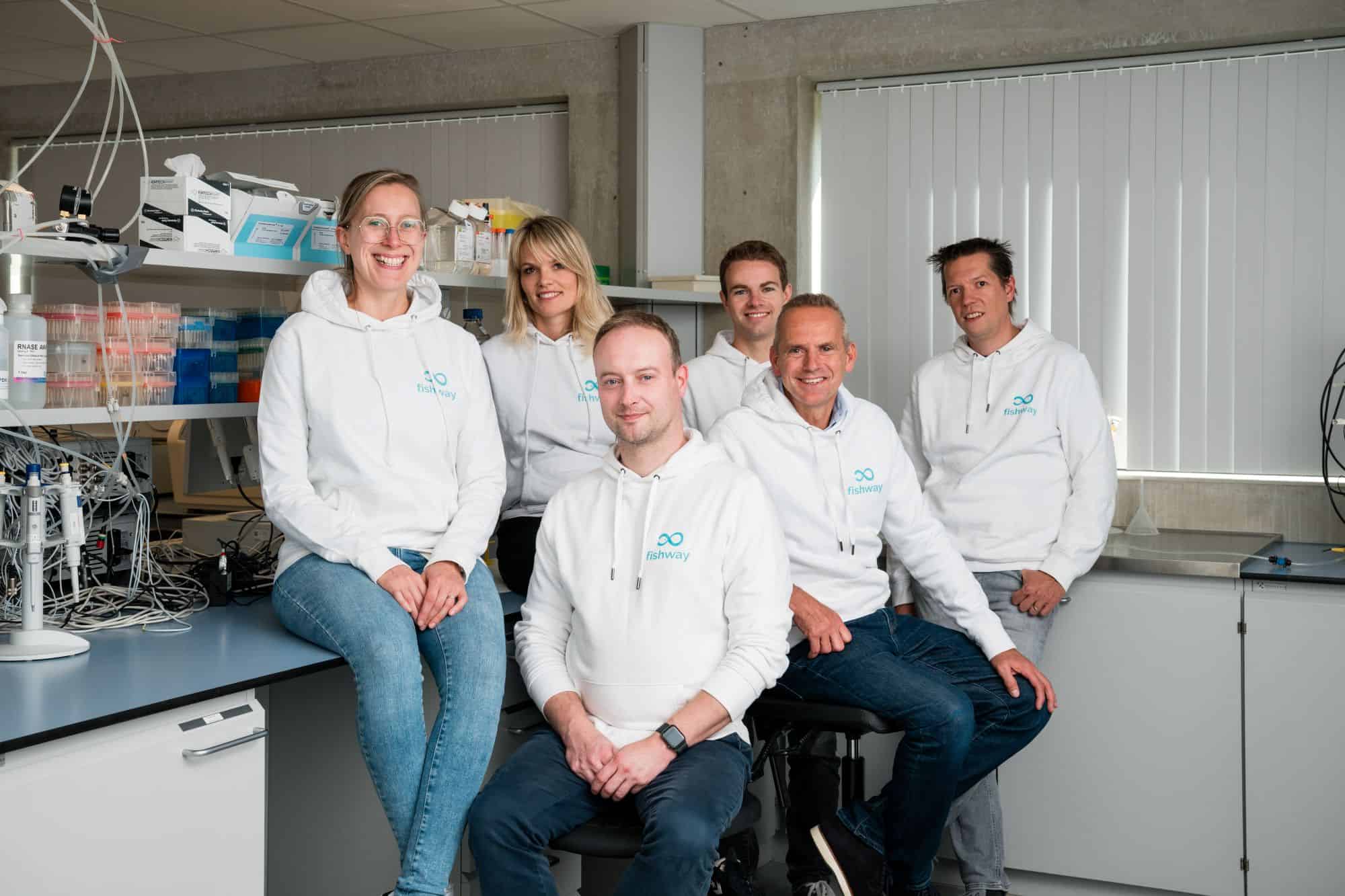Yesterday, the European Parliament voted on a report on the future of the EU biotechnology and biomanufacturing sectors.
The report acknowledges the importance of these sectors across various EU policy priorities, including sustainability, economic security, food security, and public health. It calls for targeted investments in strategic biotech applications, including food biotechnology, along with a policy framework to promote innovation, investment, and sustainable growth.
According to the report, biotechnology and biomanufacturing could be critical to Europe’s competitiveness, enabling high productivity and innovative solutions for sustainable production and healthcare. In turn, this could boost the European economy.
In the upcoming EU Biotech Act, MEPs are calling for streamlined legislation and authorisation processes to aid the commercialisation of products made using biotechnology. However, they also note the need for biosecurity safeguards to ensure synthetic biology tools are used responsibly.

“Strong position”
Technologies such as biomass fermentation, precision fermentation, and cell cultivation all fall within the biotechnology sector. Just last week, the European Commission launched a strategy aimed at making the EU a global leader in life sciences by 2030; this includes the allocation of €350 million in funding to support food and agricultural innovations, particularly in the area of fermentation technologies.
Additionally, the EU Biotech and Life Sciences Alliance has just been launched, forming an interest group for MEPs working to strengthen the EU’s leadership in biotechnology.
“The European Parliament has taken a strong position in recognising biotechnology as a strategic priority, and made it clear that food biotechnology must be central to that vision,” said Pauline Grimmer, Policy Manager at nonprofit and think tank the Good Food Institute Europe. “This creates opportunities for the EU to support innovations in plant-based foods and fermentation as part of a diversified protein system, which can boost Europe’s competitiveness, sustainability, and food security.
“The next step is for the Commission to follow through with a Biotech Act that delivers the funding, regulatory clarity, and ambition the sector needs to thrive.”




